‘Mass displacement’: UN says Israel razed over 1,500 Palestinian structures in West Bank
The United Nations has reported a significant surge in Israel’s demolition of Palestinian-owned structures in the occupied West Bank throughout 2024, a trend that aligns with Israel's recent appointment of a so-called activist advocating illegal settlement construction to oversee Palestinian property in East al-Quds.
According to the latest findings from the United Nations Office for the Coordination of Humanitarian Affairs (OCHA), there have been 1,528 demolitions in West Bank this year, resulting in the displacement of 3,637 Palestinians.
The demolitions have primarily affected residential homes, agricultural infrastructure, and businesses, with Tulkarm and its refugee camp experiencing the highest levels of destruction.
The Tulkarm refugee camp leads the list with 171 instances of demolished infrastructure, followed closely by the Nur Shams refugee camp, which recorded 118 demolitions, according to OCHA.
According to the report, the demolitions can refer to a range of actions, including dismantling, confiscation, or sealing off specific structures or their components, depending on the context and type of the building involved.
The damaged infrastructure includes 700 residential homes, 398 agricultural facilities, and 205 assets essential for livelihoods, including shops and businesses.
Moreover, infrastructure-related demolitions included elements like water pipelines, roadways, and communication networks.
Israel frequently cites the absence of construction permits as justification for demolishing Palestinian homes, particularly in Area C of the West Bank, which makes up approximately 60% of the territory.
The 1995 Oslo Accords, established between Israel and the Palestine Liberation Organization (PLO), divided the West Bank, including East al-Quds, into three zones: Areas A, B, and C.
Area C, which constitutes 61 percent of the West Bank, remains under Israel's full administrative and security control.
The report comes as Israel's finance ministry has appointed Henanel Gurfinkel to oversee Palestinian property in the area. Gurfinkel, a right-wing "activist", has garnered attention for his contentious views regarding East al-Quds, previously claiming that the area is under "Arab occupation."
Ir Amim, an Israeli watchdog group that tracks settlements, voiced concerns that this move could exacerbate existing tensions and result in significant displacement, echoing concerns about historical patterns of land appropriation since 1967.
The Israeli NGO in a post on X said that Israeli authorities were “placing countless individuals at risk of losing their homes” in the remaining Palestinian neighborhoods after already “expropriating” one third of East al-Quds for Israeli settlements and declaring another one third as public parks.
After expropriating 1/3 of EJ for Israeli settlements + declaring another 1/3 as Israeli National Parks, that wasn’t enough.
— Ir Amim English (@IrAmimAlerts) December 2, 2024
They're now concertedly going after the remaining 1/3: populated Palestinian neighborhoods, placing countless individuals at risk of losing their homes. https://t.co/DeJfhGLIhP
A recent report from Israel Hayom newspaper reveals that Israeli settler councils are formulating a strategy to expedite the annexation of the occupied West Bank and additional Palestinian territories in the wake of Donald Trump's re-election in the United States.
The plans include widening the authority of settler councils to extend across regional council areas, effectively giving local authorities control over interconnecting areas, not just their settlement areas, in order to strengthen administration.
Tension has been further running high across the occupied West Bank following Israel launched brutal offensive on the Gaza Strip in October 2023.
Nearly 800 Palestinians, including 160 children, have been killed by Israeli troops or settlers violence in the West Bank, adding to the 44,466 Palestinians, mostly women and children killed in Gaza since the outbreak of the war.
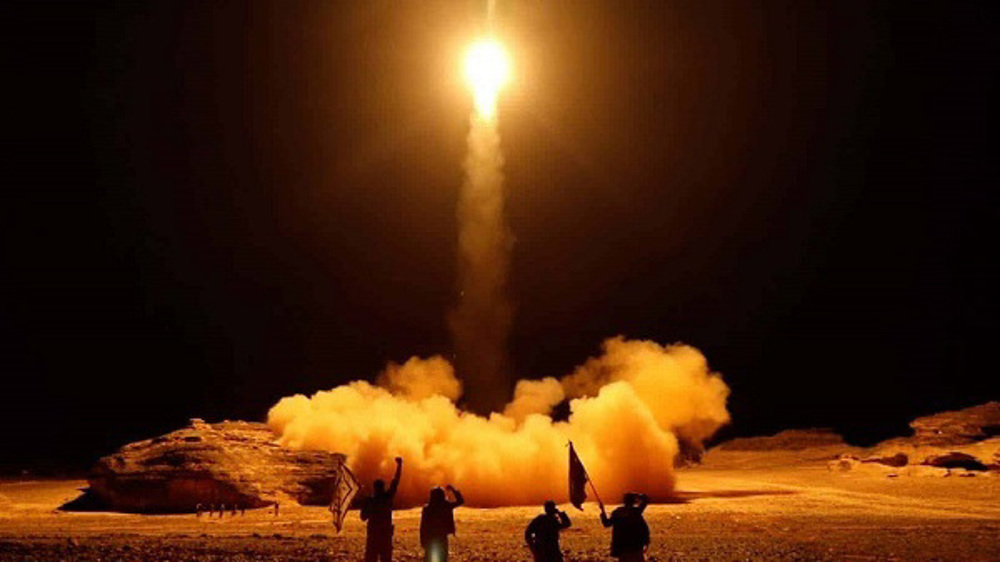
Netanyahu’s anger source of joy for us: Ansarullah
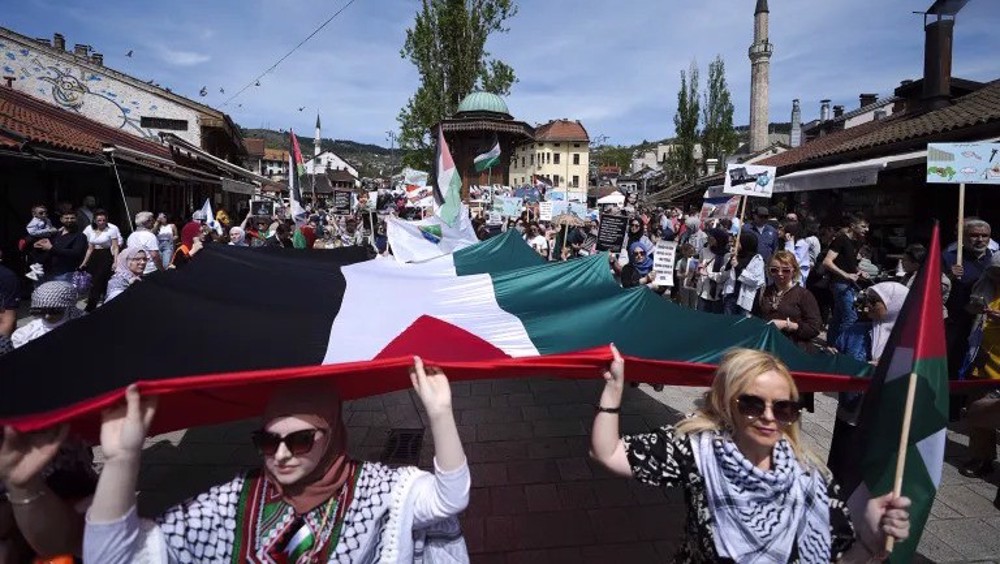
Hamas urges global strikes, sit-ins to end Israel’s genocide in Gaza
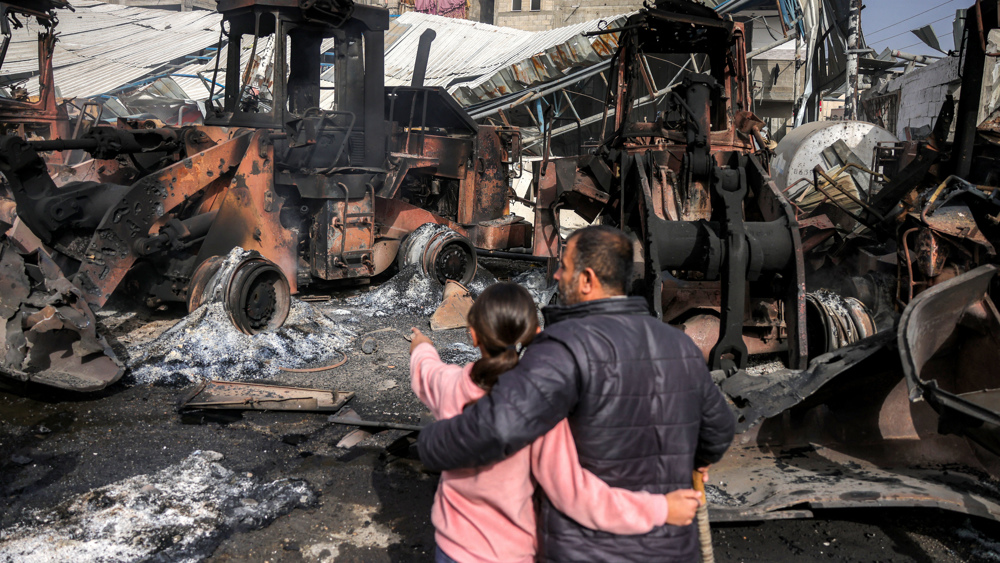
UNRWA: Gaza ‘land of desperation’ after 50 days of total Israeli siege
India downgrades ties with Pakistan after deadly Kashmir attack
Iran’s steel output up 3.7% y/y to 3.3 million mt in March
There is good chance that US and Iran can reach an agreement: Veteran diplomat
VIDEO | Yemen faces environmental crisis due to oil spill caused by US strike
Israeli forces murder minor, critically injure young Palestinian during West Bank raids
Yemen's president orders nationwide ban on all US products
France detains Iranian journalist amid crackdown on pro-Palestinian voices
VIDEO | Digital censorship amid aggression: Google disables Street View in West Bank


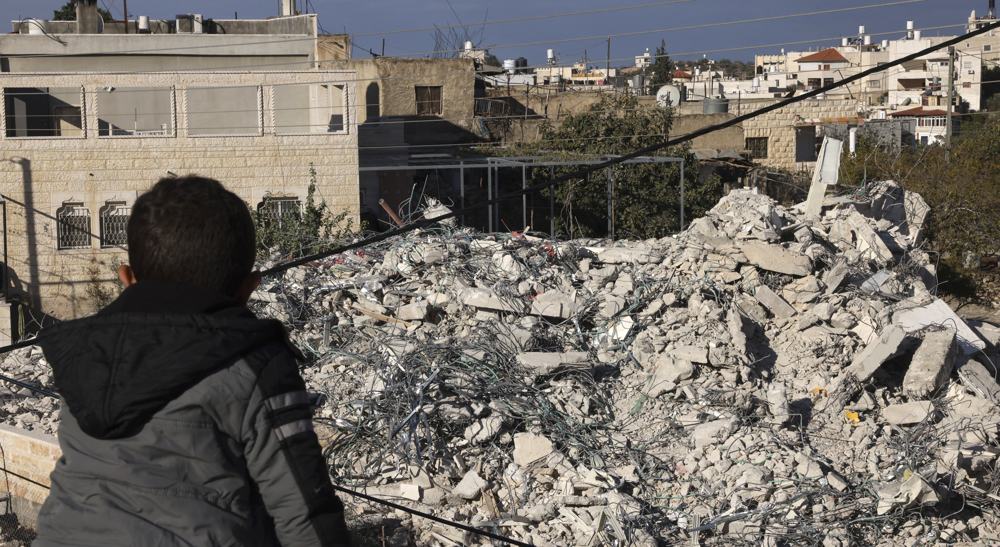
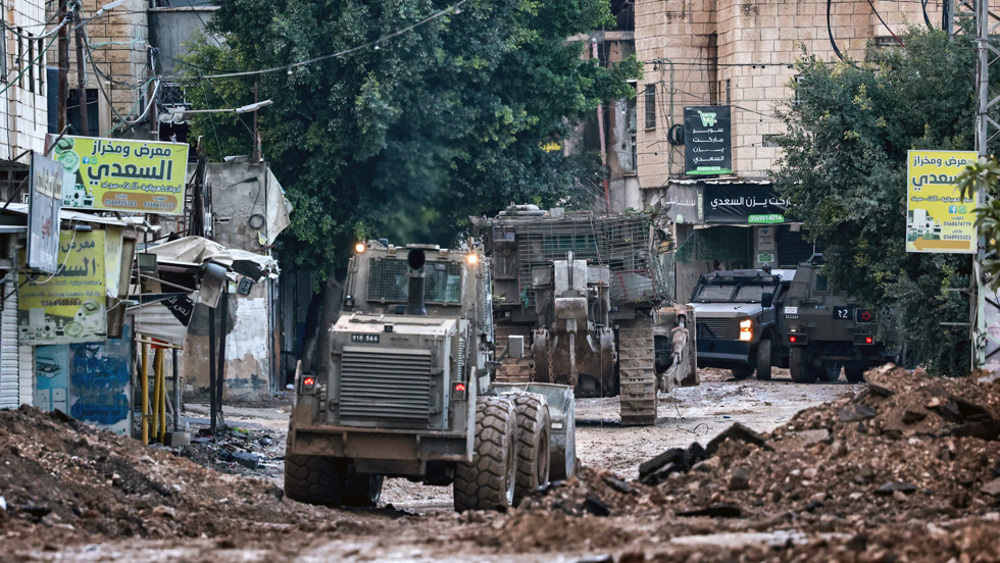



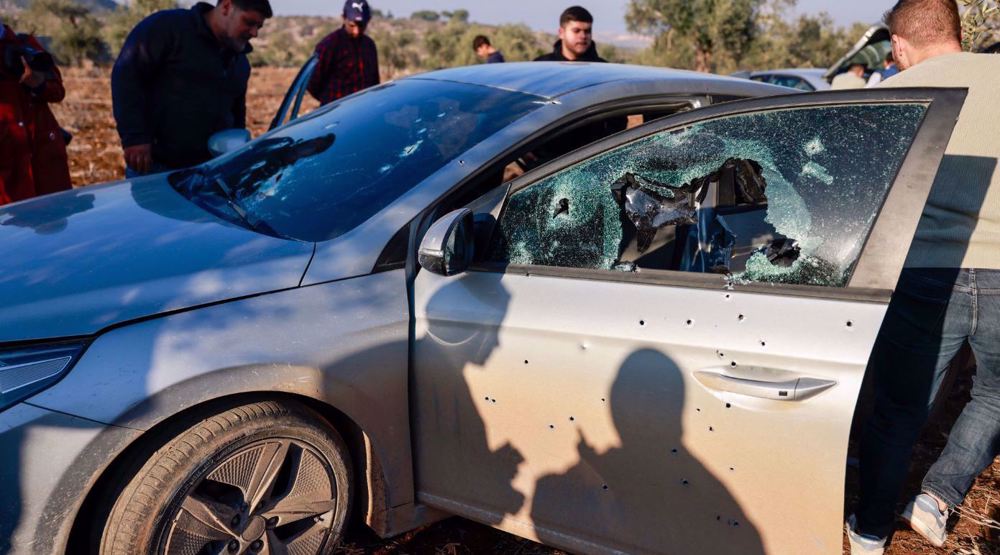
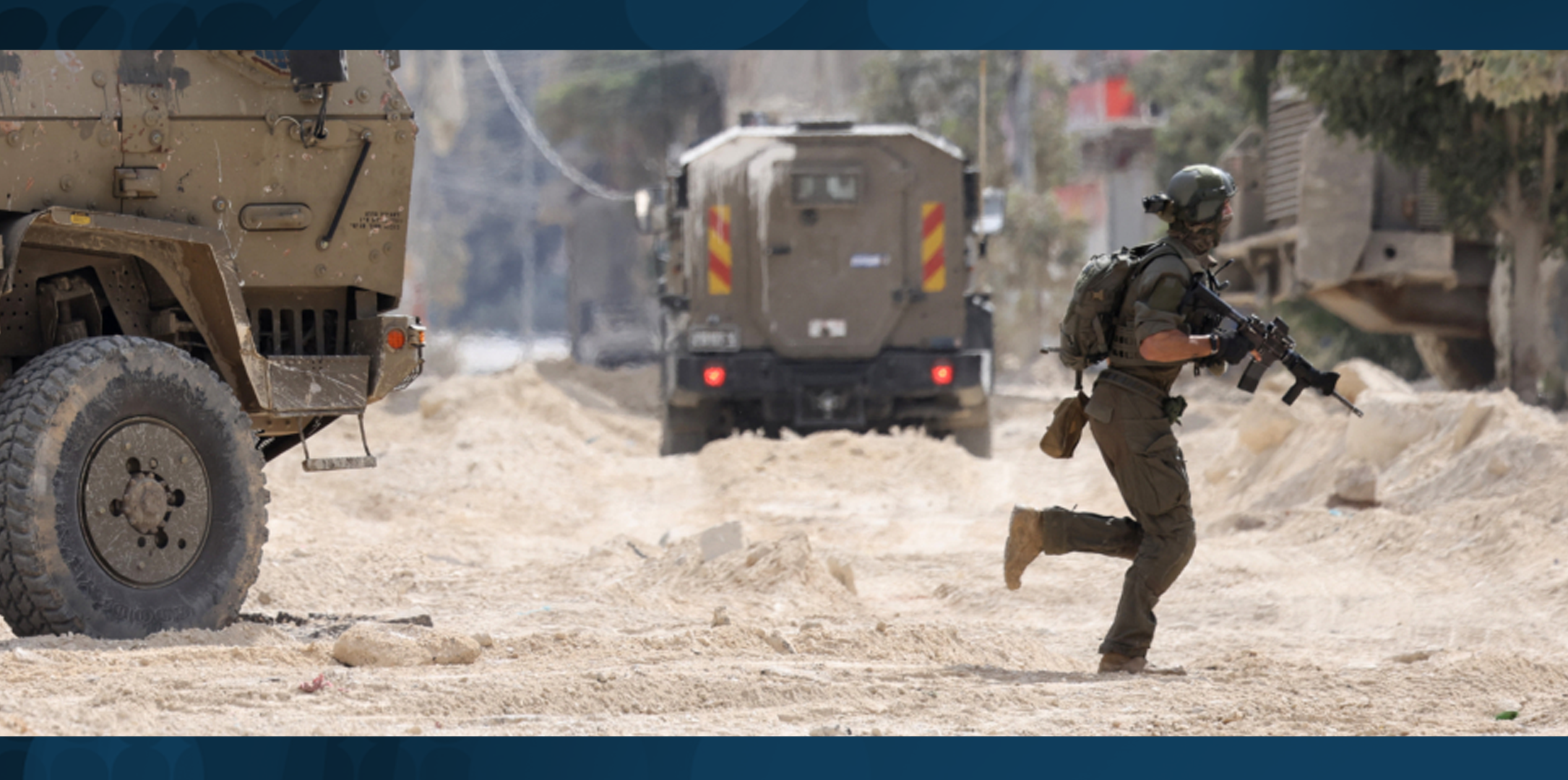
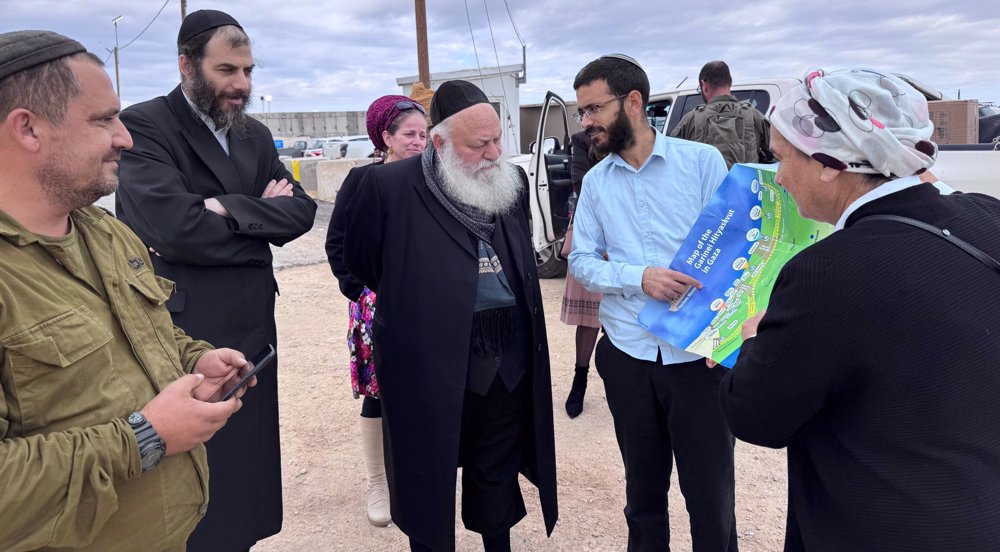
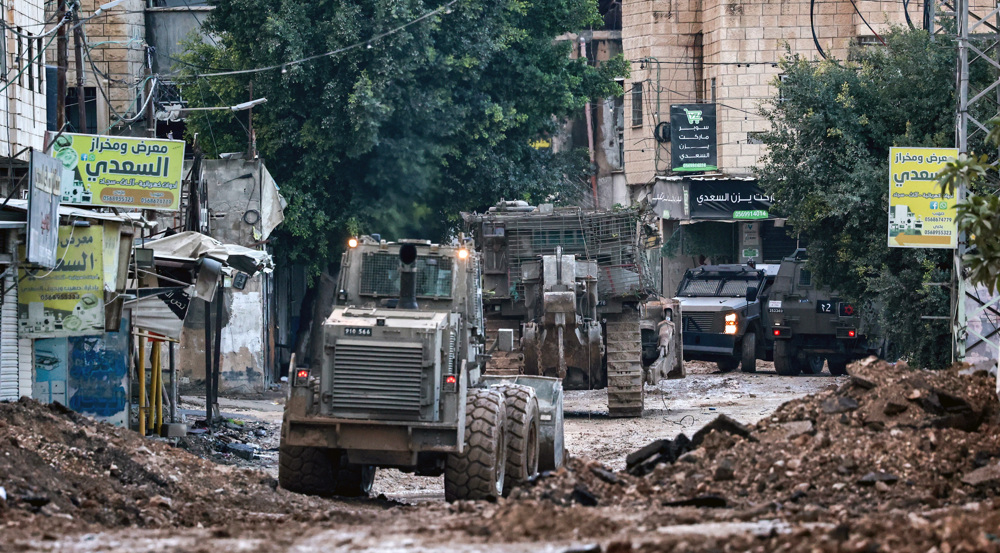

 This makes it easy to access the Press TV website
This makes it easy to access the Press TV website